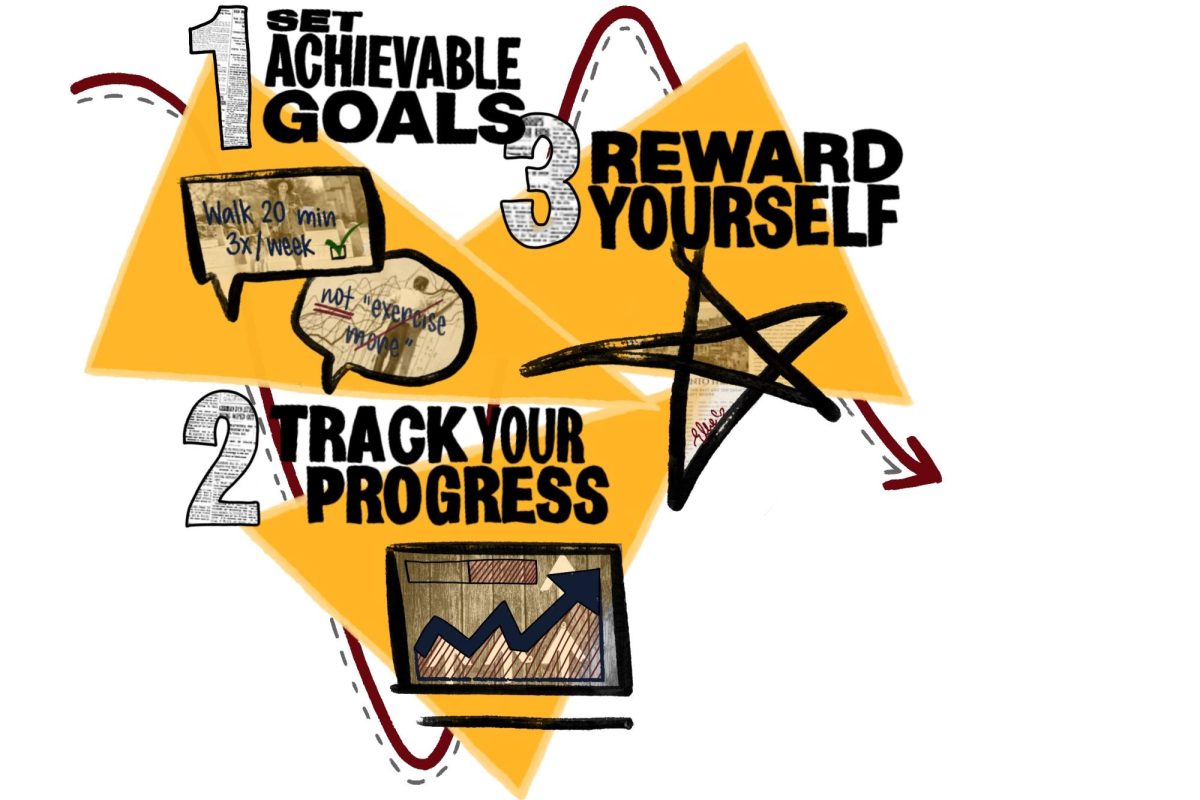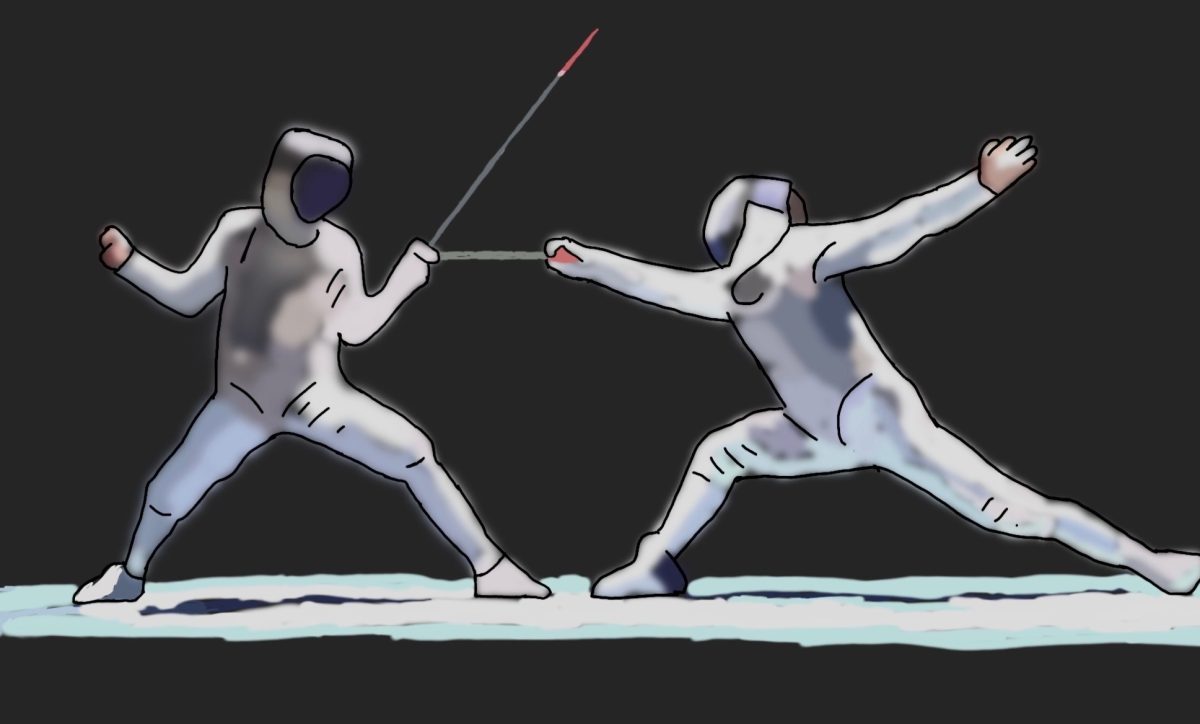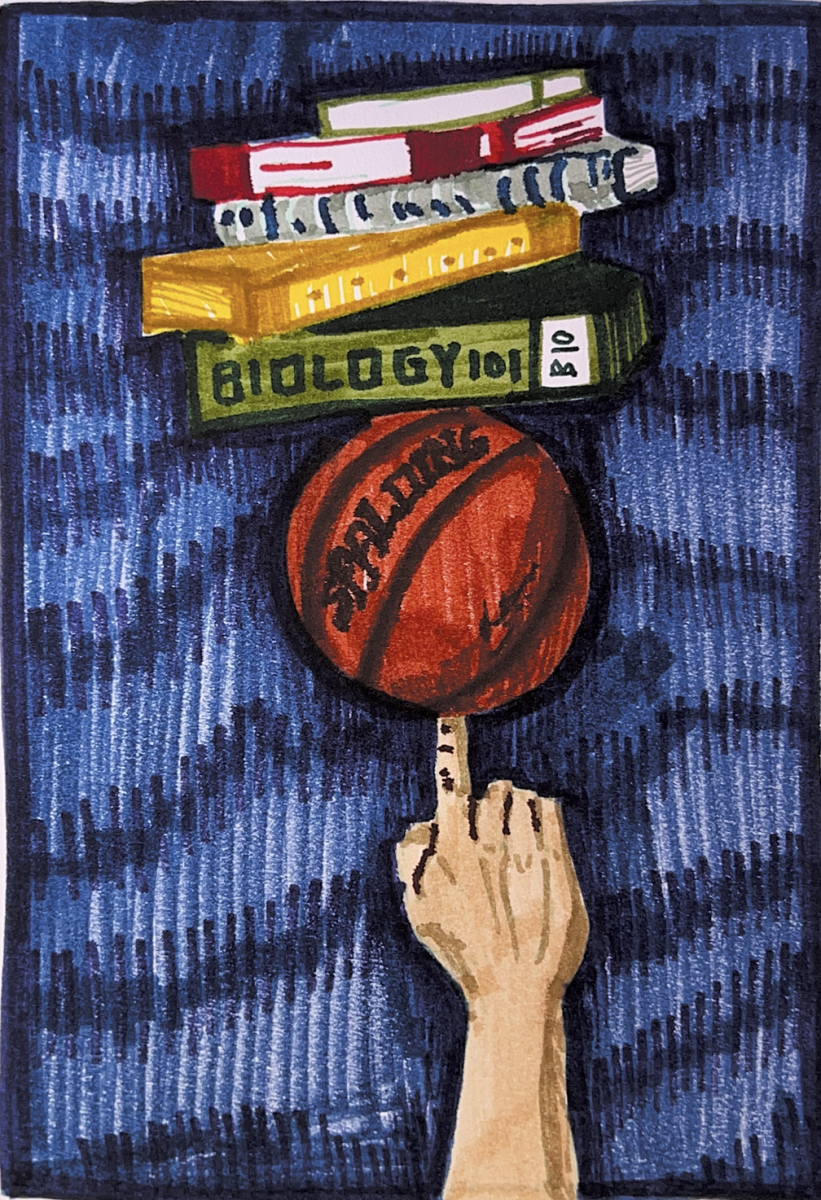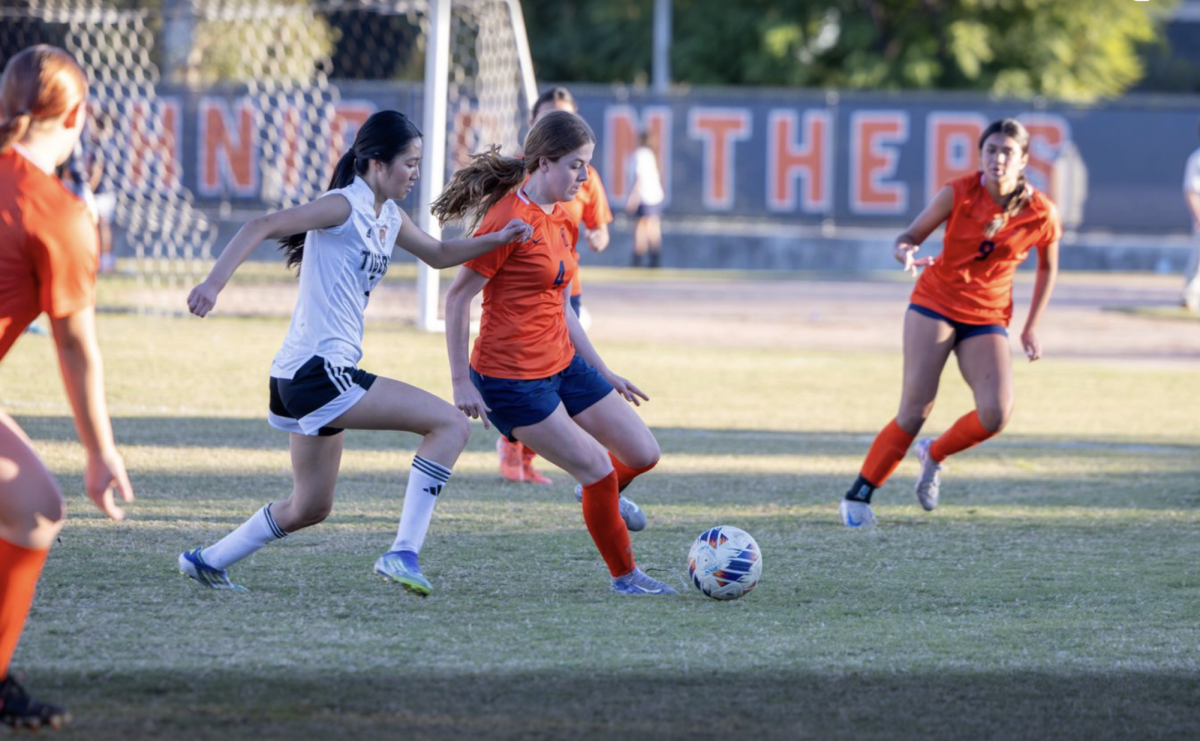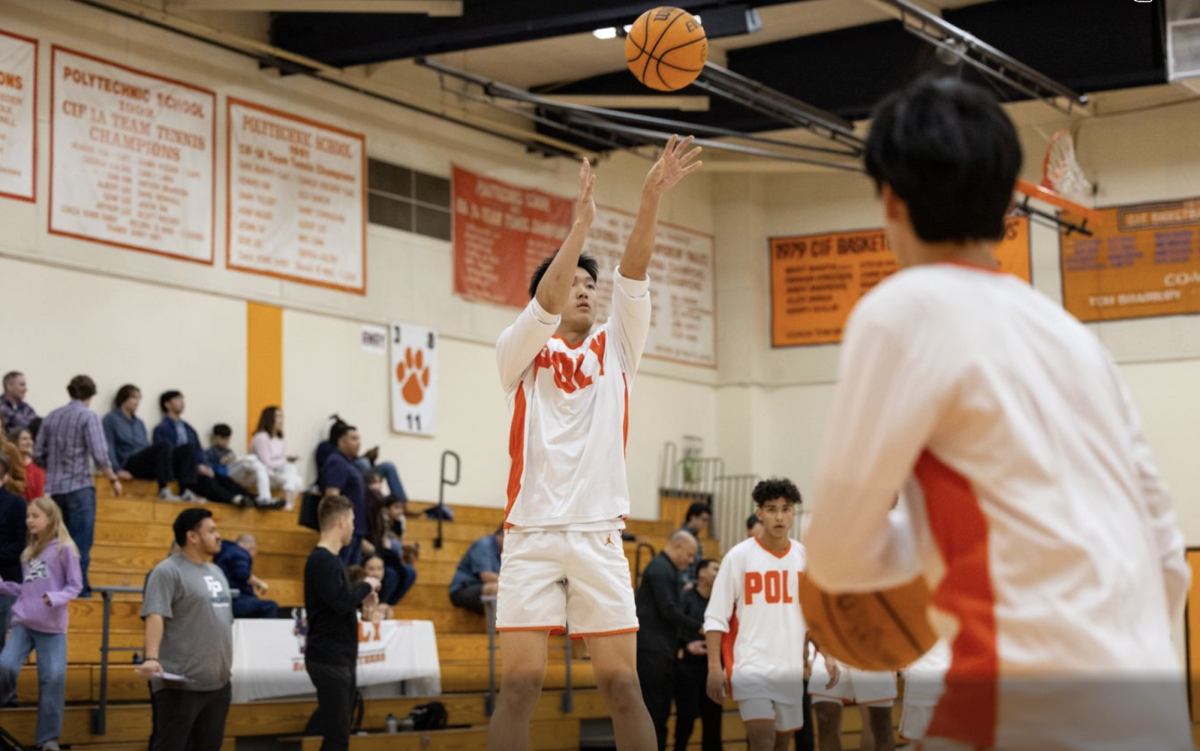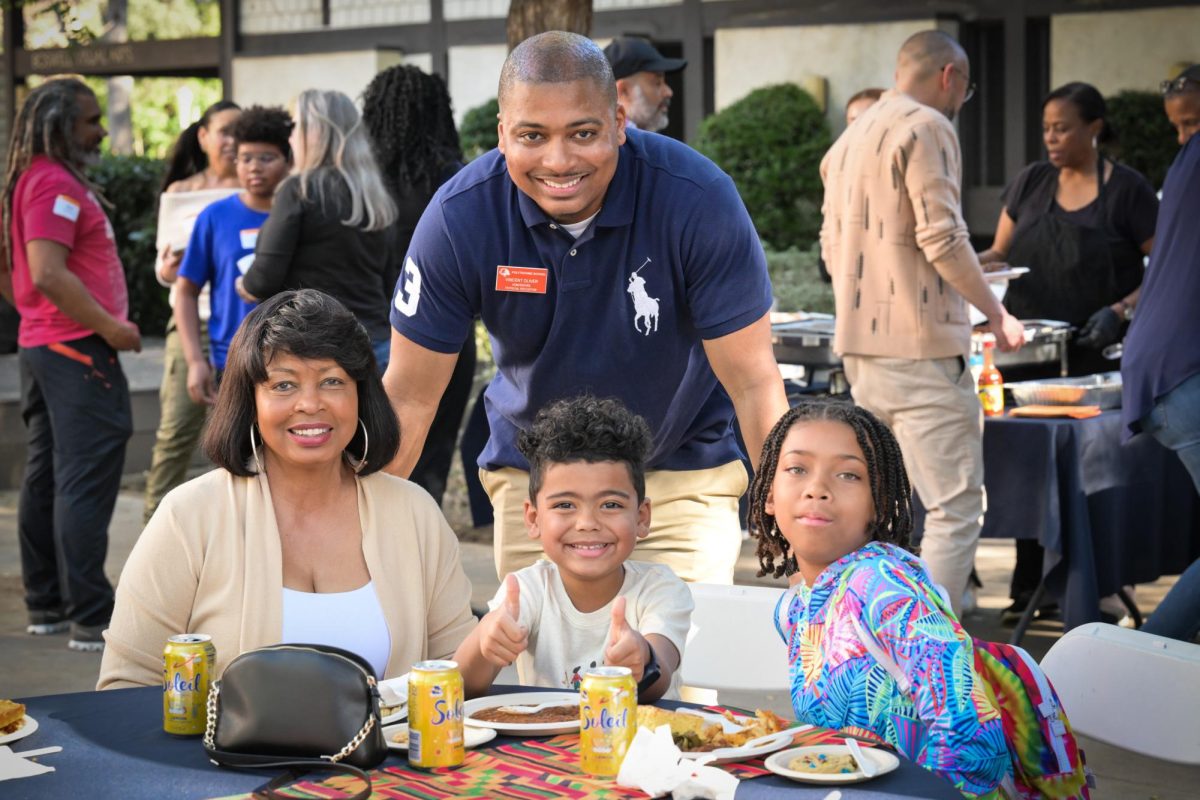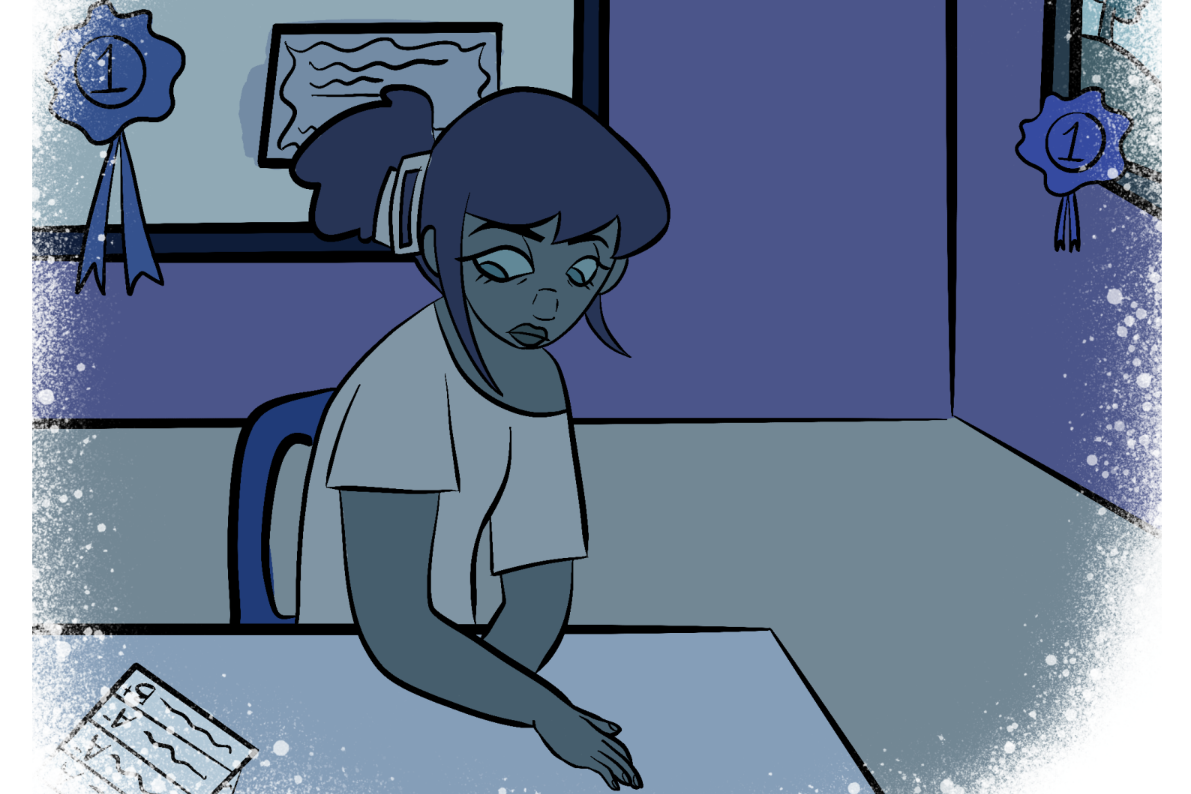“Always an angel, never a god.” A month ago, I stumbled upon these lyrics from the song “Not Strong Enough” by Boygenius. This line has been interpreted in multiple ways on social media, like constantly being overshadowed by a friend and always remaining the sidekick.
However, I’ve interpreted this lyric differently: being an “angel” signifies making meaningful contributions without the glory associated with being a “god.” The lyric captures the everyday struggle of consistently doing well but falling short of that greatness — in other words, feeling average.
As someone who has felt average in high school, I understand the weight of this sentiment. I’ve dabbled in activities related to public speaking, humanities, biology and sports. Yet as I’ve jumped back and forth between extracurriculars, I feel like I haven’t had the chance to try and excel in any particular one.
At schools that value excellence like Poly, terms such as “average” and “mediocre” carry demeaning connotations. The expectation that individuals must excel in every dimension creates a culture where people feel pressured to master multiple activities without much room for setbacks. But is it inherently harmful to feel average in certain areas?
While playing winter water polo, the hours I devoted to practices made it difficult to keep up with debate and swimming. Having to divide time between these extracurriculars prompted me to reflect on whether I had too many interests — hindering my ability to master at least one of them.
Of course, not everyone can be exceptional in every area. Time is finite, which makes it impractical to achieve perfection in all aspects.
But averageness doesn’t diminish individual worth or potential. Feeling average opens doors to recognizing personal strengths and achievements. A few months ago, I evaluated whether I wanted to continue pursuing all my activities. I opted to do so because I realized the joy I derived from each one outweighed my desire to excel in just a few of them.
Our school provides us with numerous opportunities for exploration, from STEM fellowships to community service projects to sports. Although this buffet may overwhelm some students, the myriad of possibilities allows students not only to cultivate new interests but also access their passions hands-on.
Consider this exploration process as an evolution of your character along the way. Adventure with an open heart and curious mind and acknowledge that the deepest satisfaction springs from the love of the activity itself. The real award is enjoying what you do, not just the trophies or applause that might come with it. Sophomore Akhil Venuturupalli said, “I think there were times I’ve felt average throughout my high school career, but since I’ve found my passions, I am sticking to them without comparing myself to others in terms of accomplishment.”
Instead of asking yourself how many achievements stack up, ask instead, “Am I enjoying my life?” Discover the satisfaction of the journey as success naturally unravels when you find pleasure in the process.




